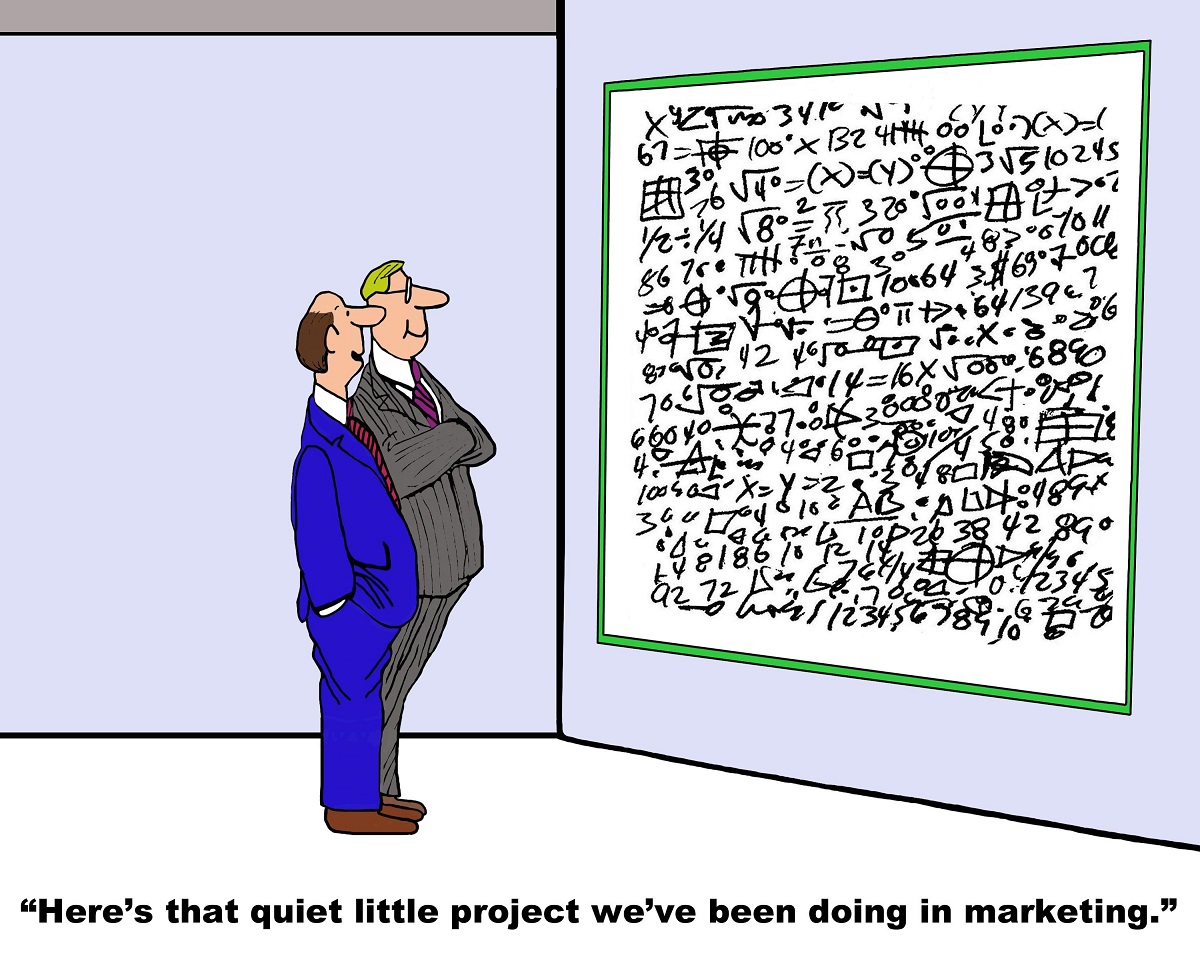I’m a film buff, and have always been interested in the art and craft of movie-making.
Recently, I came across a wonderful video essay about CGI (Computer-Generated Imagery) and how it has affected film production. The thesis of the essay is that movie-goers who complain that CGI is terrible are missing the mark, because they are only noticing the CGI that is terrible. CGI work in films, along with makeup, sound, props, and all the other elements of the film-making process, are intended to support the story and characters – and if any of them are noticed, that awareness distracts the audience from this true objective.
In reality, most people don’t really know how CGI work is done, and don’t realize how much more of it is happening than they notice. They aren’t seeing or noticing the good CGI work, because it did its job well. By only noticing those times when it didn’t do its job well, they naturally get a skewed impression about its capabilities or use. The video essay makes this point very well.
This situation with CGI is a lot like the situation with Marketing. From time to time I hear complaints about marketing, usually stated in general terms. In most of these conversations, though, when it comes to the specifics that triggered them, it quickly becomes apparent that what they are really talking about isn’t marketing – it’s bad marketing. Usually the complaints are about receiving irrelevant messages, pushy sales pitches, misinformation, or promises that weren’t delivered. None of these tactics are taught or recommended in legitimate marketing classes – on the contrary, they are specifically called out as ‘death-wish’ tactics for firms that won’t be in business long. Like the situation with CGI, many people don’t realize how much marketing is actually going on, and aren’t noticing the good marketing that is happening all around them.
As a thought experiment, take a moment to think of your favorite tool that you have ever purchased. Think broadly; it could be a power or hand tool in the traditional sense, or it could be your camera, a sewing machine, or an analytic software package. Whatever your favorite tool is, think about it a moment. Think about the last time you used it. Think about why it’s your favorite.
Now let me ask, was the purchase of that tool influenced by good marketing? Chances are, it was. Because the marketing function was involved in every step of the process that put that tool into your hands. Marketing decided what features would be included, and which would not. Marketing decided what color and finish it would have, and how long it was intended to last. Marketing decided what brand it would be called, how it was packaged, how much it would cost, and where you could buy it. Marketing decided if there would be advertising or brochures or instructions, and what they would say. In fact, marketing made the all the key decisions that shaped your expectations and your experience with the purchase of that product.
Now, here’s the thing: A few minutes ago, when you were thinking about your favorite tool, did you think about its packaging? Did you think about how you heard of it, or in what store you found it? Did you think about its price, or the claims made in its advertising? Maybe you did – but I would guess not. Instead, I expect that you thought about how that tool meets or exceeds your expectations, and how it enables you to accomplish something quickly and well. The packaging, the advertising, the place of purchase – these are not the point of your purchase process, they are supporting actors, like the props or makeup, that were designed to direct your attention, convey appropriate expectations, and support your purchase decision.
Overall, I hope and expect that your purchase of your favorite tool was an example of good marketing. Good marketing aims to match the right offering with the right customers at the right price so that they become satisfied, repeat, loyal customers. Good marketing provides you with relevant, useful information you welcome, without annoying you or misleading you – which is why you probably don’t notice it as “marketing”. Good marketing gives you the right expectations and information to make a good choice for you – a choice you feel good about in a lasting way, and would recommend to others in similar circumstances.
Up to this moment, I’d bet that many of you hadn’t thought at all about the marketing of your favorite items, because when it was done well, you didn’t notice it. Much like the long lists of people in the end credits of movies, there were probably lots of people that worked hard behind the scenes to perform the good marketing that you almost never think about – not to be secret about it, but because that was not its purpose.
Like really good CGI, the best marketing is often in plain sight – but not noticeable.


